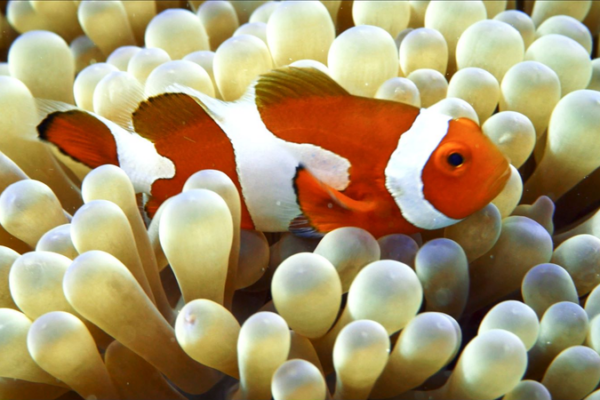
Sansha Series Explores Clownfish Gender Dynamics in Coral Reefs
The latest episode of the Amazing Sansha Series reveals the unique gender-shifting hierarchy of clownfish communities in tropical coral reefs.
News & Insights Across Asia

The latest episode of the Amazing Sansha Series reveals the unique gender-shifting hierarchy of clownfish communities in tropical coral reefs.
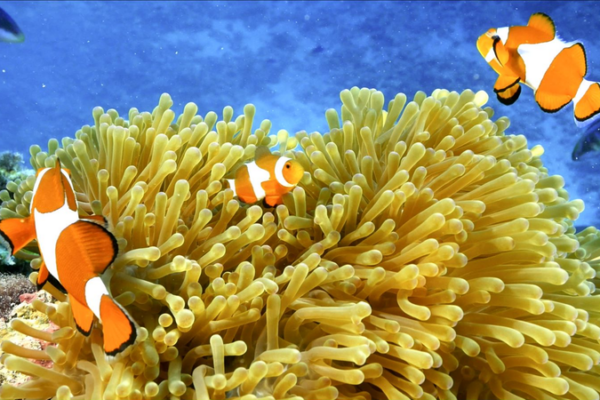
Discover how clownfish and sea anemones coexist in the South China Sea, highlighting marine biodiversity in the latest Sansha documentary series.

New research reveals coral reefs regulate daily microbial cycles in surrounding waters, offering insights for monitoring ecosystem health amid climate challenges.
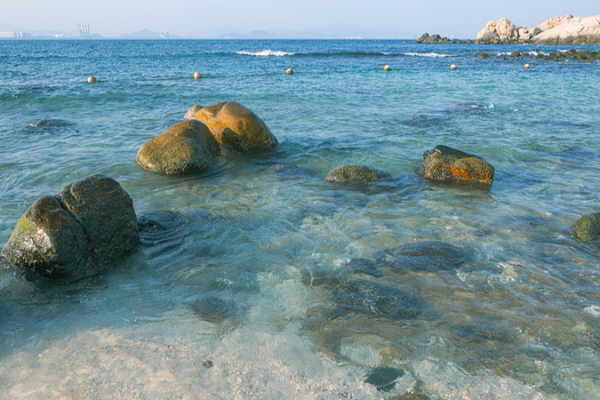
Hainan’s Wuzhizhou Island showcases 15 years of marine ranch success, blending coral reef restoration with eco-tourism for ecological and economic gains.
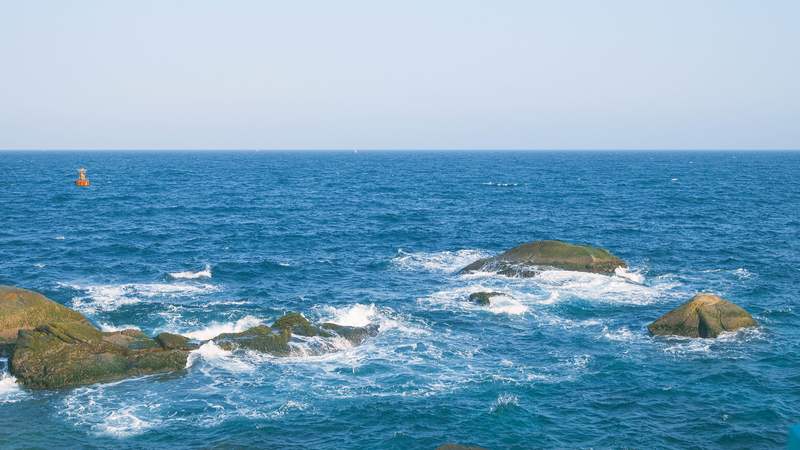
Wuzhizhou Island in Hainan showcases a thriving ‘ecology + tourism’ model, balancing marine conservation with economic growth as it marks 15 years of sustainable development.

The UN, scientists, and governments urgently call for increased funding to protect coral reefs from extinction at an emergency biodiversity summit.

A team of young researchers is developing biomimetic robots shaped like manta rays to enhance the monitoring and protection of coral reefs, vital to our marine ecosystems.
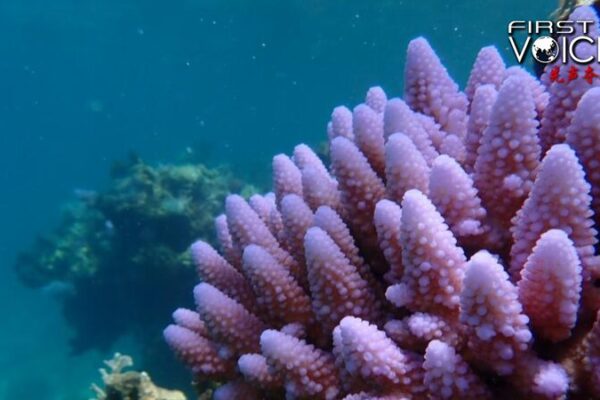
A new report reveals Huangyan Dao’s excellent eco-environmental quality and healthy coral reef ecosystem, providing strong evidence to counter recent false accusations regarding marine environmental protection.

Discover the Triton’s trumpet, one of the largest sea snails inhabiting coral reefs, and its vital role in maintaining marine ecological balance.

Coral reefs are vital to our planet’s marine ecosystem. Central to their survival is Scleractinia, the reef-building corals crucial for biodiversity.
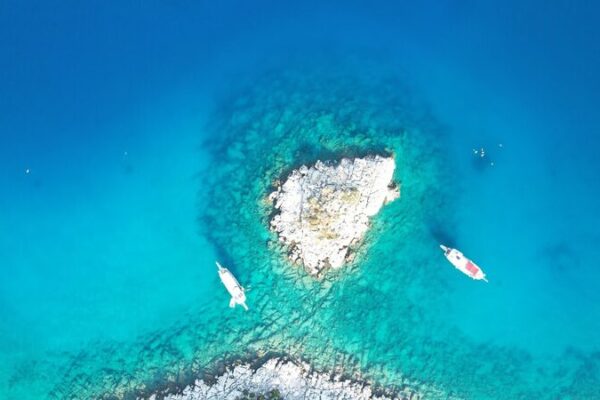
Türkiye’s coral reefs are dying due to the rapid effects of climate change, prompting experts to call for protective measures to save over 200 coral species in the Mediterranean, Aegean, and Marmara seas.

Israeli researchers have identified a parasite responsible for the massive die-off of sea urchins, threatening coral reefs globally, according to a study published in Current Biology.

Fiji enhances sustainable tourism by launching a second coral gene bank on Vomo Island, promoting marine conservation and highlighting the beauty and fragility of coral reefs, announced Deputy Prime Minister Viliame Gavoka.

Coral reefs off the Florida Keys struggle to recover from a record-breaking heat wave, highlighting the devastating impacts of climate change on marine ecosystems.

Researchers from the University of Queensland have used high-resolution satellite mapping to reveal an increased global area of shallow coral reefs, offering new insights for conservation efforts.